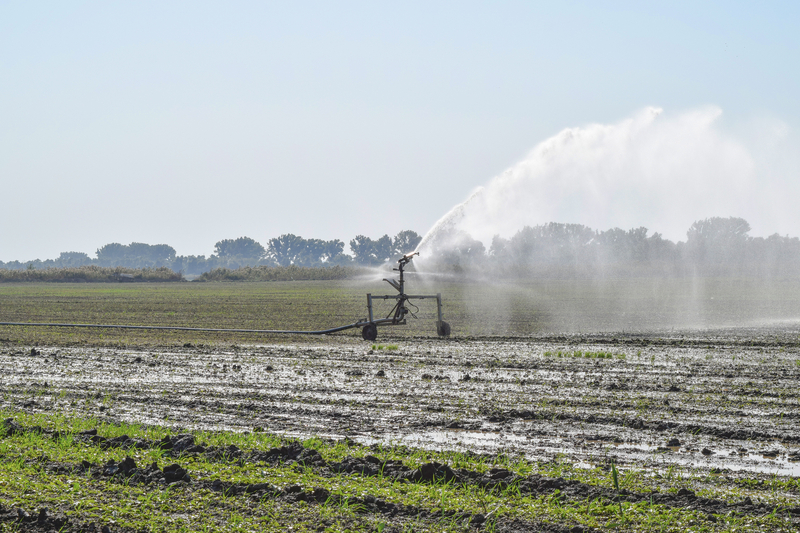SALT LAKE CITY— The global connectedness of agricultural trade has made farmers and the U.S. economy vulnerable to international disruptions.
Two major obstacles affecting the movement of U.S. agricultural exports are terrorist attacks on shipping vessels in the Red Sea and low water levels in the Panama Canal. These obstacles lead to increased shipping costs and delays, which in turn impact market prices and hurt farmers financially.
During a crop market workshop, economist Betty Resnick of the American Farm Bureau Federation provided more insight into these issues. Currently, 72% of the cargo passing through the Panama Canal is either coming from or going to U.S. ports, including agricultural products like sorghum, soybeans, and corn. The ongoing drought in the canal area has caused a 33% decrease in traffic, with no relief in sight until more rain arrives.
In addition to the Panama Canal issues, attacks by Houthi assailants in the Red Sea have also affected shipping costs. Container costs have increased by 130% between late December and mid-January due to these attacks. While the Red Sea usually has minimal impact on the shipment of U.S. agricultural products, the issues in the Panama Canal have amplified its influence.
Global events can also impact farms in Virginia. For example, the drought in the Panama Canal can make it challenging to ship grain and soybeans from Virginia to ports in southeast Asia, resulting in higher freight costs and potential shipping delays. The attacks in the Red Sea can also raise the cost of shipping Virginia grain to Asia due to container scarcity and higher shipping insurance premiums, even if the container ships pass through the Panama Canal.



